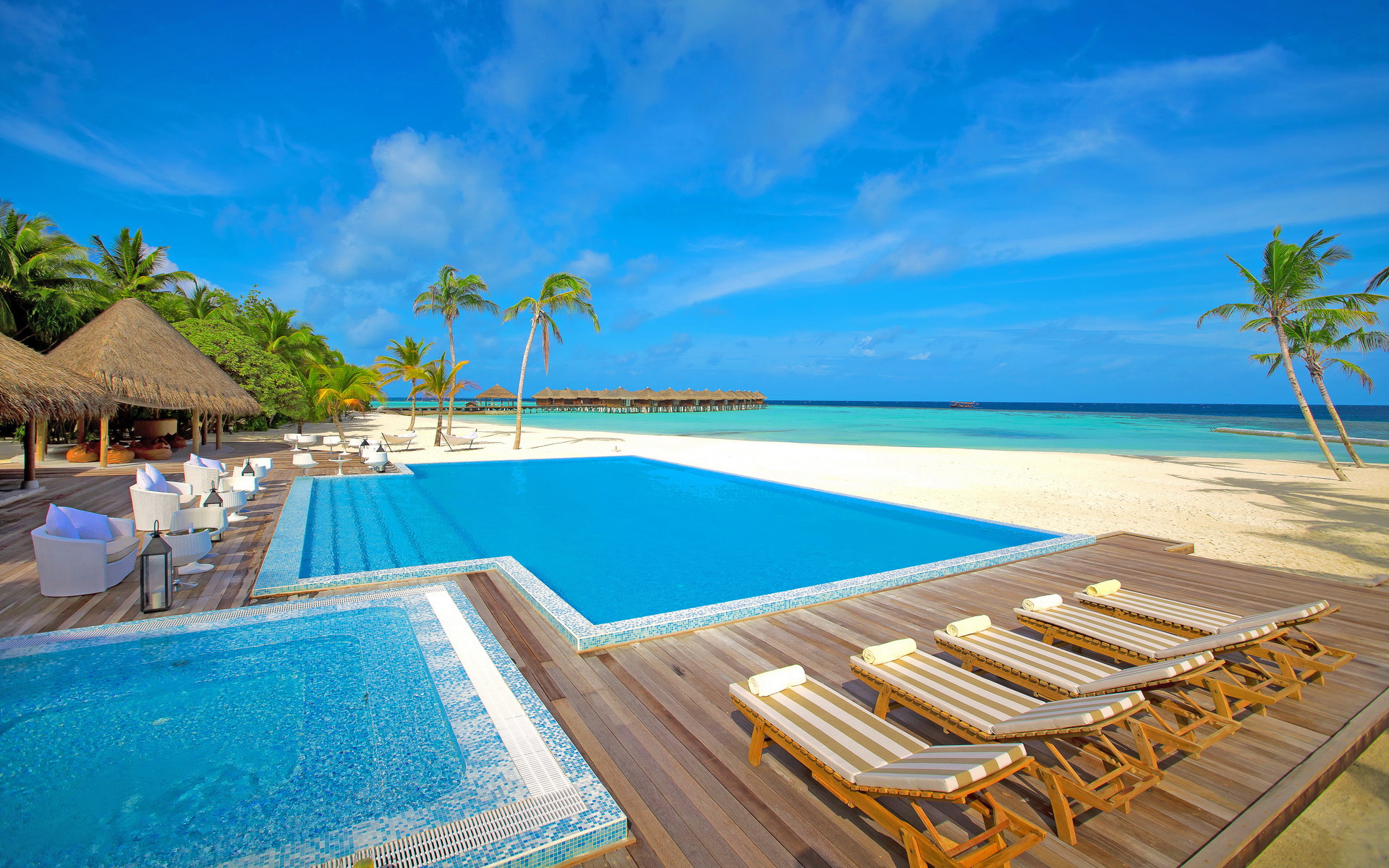
At Gili Lankanfushi, marine biologists run a substantial coral restoration project, and if you’re PADI-certified you can take part in a ‘dive against debris’ – the underwater equivalent of a beach clean. The hotel is 90% waste-free, and you can take part in a glass-blowing workshop upcycling discarded drinks bottles from the restaurant. That doesn’t mean you have to give up that opulent water villa you’ve been dreaming about, though – some of the most luxurious resorts are leading the pack when it comes to green initiatives.įor example, Soneva Fushi is carbon neutral and home to one of the largest solar power plants in the Maldives. Given the environmental impact of flying to these far-flung isles, it’s important to choose a hotel that prioritizes sustainability. Maldives is the lowest-lying country in the world, making it particularly vulnerable to the effects of climate change. The best time to travel to the Maldives for scuba-diving is between January and April for the best visibility, or opt for October or November when plankton levels are high and larger fish come out to feed. Scuba-focused travelers might even prefer to skip dry land altogether in favor of a liveaboard dive trip or research expedition. Never dived before? Local island Fulidhoo is a laid-back spot to learn, but you’ll find PADI-certified instructors at practically every resort and guest house.

Much like spotting the northern lights, you simply need good timing (come between June and October for the best chance) and a big dollop of luck. Vaadhoo is commonly named as the place to witness this nocturnal phenomenon, which occurs when bioluminescent organisms in the water are disturbed, but the truth is it can happen all over the Maldivian archipelago. We’ve all seen the photos – nighttime beach shots where the surf glows neon blue. Artificial Beach offers the chance to see how urban Maldivians do beach days the guts-and-all fish market is a sucker punch to the senses and the ancient Old Friday Mosque captivates all those who enter with its intricately carved coral stone. But linger a while and you’ll be amply rewarded. Most people who visit the Maldives completely bypass Male, perhaps due to the fact that it’s the antithesis of the typical tropical island aesthetic – the capital is one of the most densely populated cities in the world, cramming more than 200,000 people into just 3.2 square miles. Most resorts and guest houses offer whale-spotting snorkel trips and dives choose a reputable operator that puts the wellbeing of the whales first and remember to keep a good distance away from the gentle giants if you have the good fortune of spotting one. The Maldives is one of the best places in the world to spot them year-round – especially if you make Alifu Dhaalu Atoll ( Southern Ari Atoll) your base. If swimming with whale sharks is on your travel bucket list, you’re in luck. For more fun in the sun, check out the best beaches in the Maldives. From deep-conditioning Parisian coiffeur–approved hair treatments and four-hand massages to meditation and ocean-view aerial yoga classes, a day here is like having a vacation within a vacation.

Not on a budget? It doesn’t get more opulent than the spa at Cheval Blanc Randheli, which occupies its own private island and can only be reached by dhoni (traditional boat).

The sleep-enhancing treatment at Huvafen Fushi resort is like a lullaby for frazzled grown-ups, and takes place in the world’s first and only underwater spa. If the chalk-white sands and pastel-pink sunsets aren’t enough to soothe away your stress, an exceedingly indulgent massage certainly is. If you’ve chosen to travel to the Maldives, chances are you’re looking to do some serious chilling. If you are keen to island hop and explore, it's worth planning ahead to find the best ways to get around the Maldives. Remember – Maldives is a Muslim nation bikinis and speedos are fine at many hotels, but modest clothing is the norm elsewhere. To experience authentic Maldivian culture, you’ll need to visit a so-called ‘local island’ such as Huraa, Hithadoo or Maafushi, where you can stay at family-owned guesthouses, buy fresh mahi-mahi direct from fishermen and wander whitewashed streets as the call to prayer summons mosque-going crowds. Luxury resorts may be utterly blissful, but they exist entirely within their own private-island bubbles. To experience authentic Maldivian culture, visit a so-called ‘local island’ such as Maafushi ©Tobias Helbig/Getty Images


 0 kommentar(er)
0 kommentar(er)
